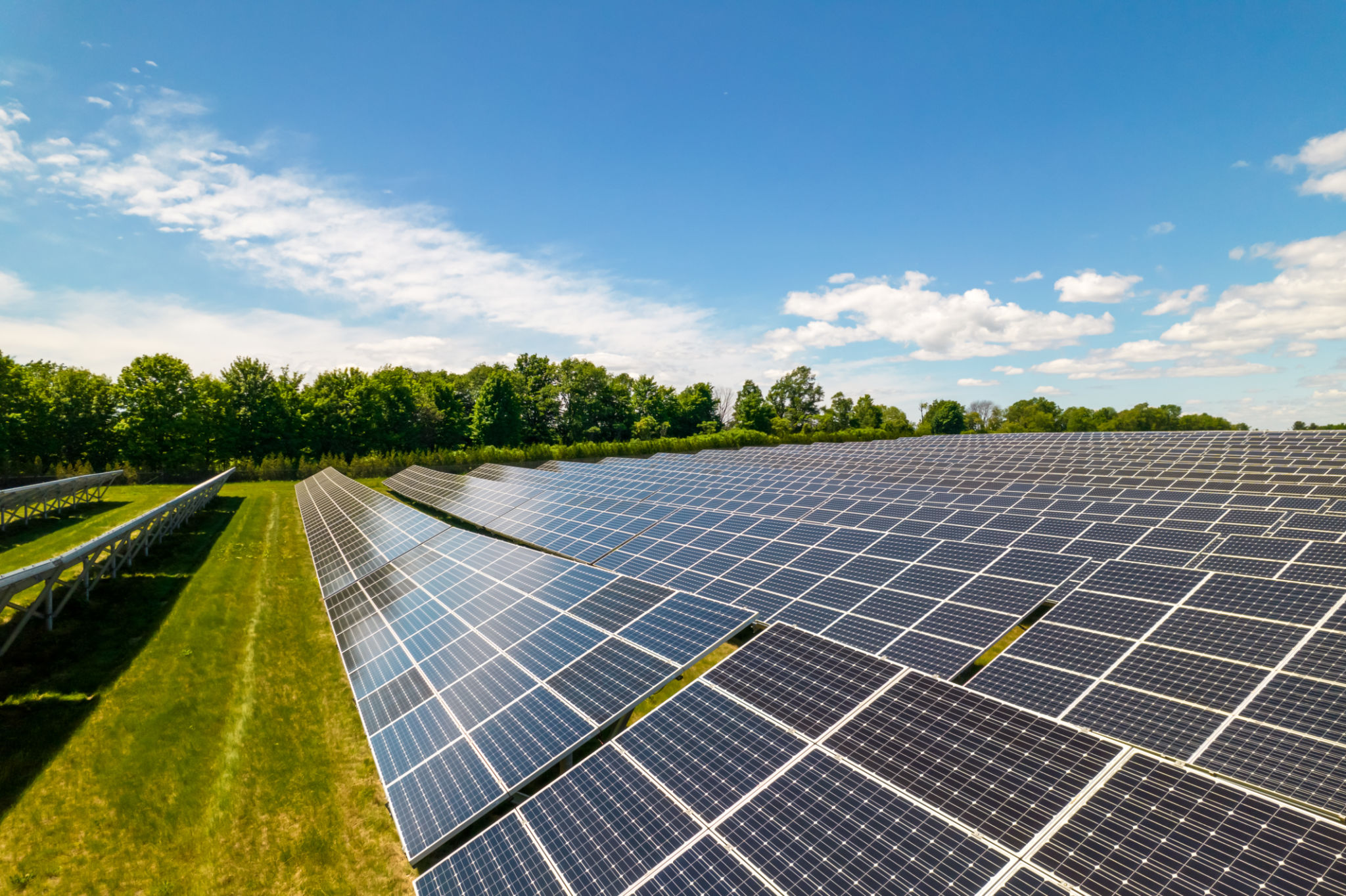How to Create a Sustainable Farm in Ocala: A Step-by-Step Guide
Understanding the Basics of Sustainable Farming
Creating a sustainable farm in Ocala is not just about growing crops or raising livestock; it's about creating a self-sufficient ecosystem that benefits both the environment and the community. The first step in this process is understanding the principles of sustainable farming, which include soil health, water conservation, and biodiversity. In Ocala's unique climate, these elements are particularly crucial.

Choosing the Right Location
Location plays a vital role in the success of your sustainable farm. In Ocala, where the climate is humid subtropical, you'll want to choose a site that offers good drainage and access to natural water sources. Consider the proximity to markets and suppliers to minimize transportation costs and reduce your carbon footprint.
Planning Your Farm Layout
Once you've chosen a location, planning your farm layout is the next step. This involves mapping out where you'll place crops, livestock, and infrastructure such as barns or greenhouses. Utilize crop rotation and companion planting to maximize soil fertility and pest control naturally.

Selecting Crops and Livestock
Choosing the right crops and livestock that thrive in Ocala's environment is essential. Opt for native plants and animals that are adapted to the local climate, reducing the need for artificial inputs like pesticides and fertilizers. Consider heirloom varieties for crops, as they often have better resilience and flavor.
Implementing Water Conservation Techniques
Water conservation is critical in sustainable farming. In Ocala, where rainfall can be unpredictable, implementing rainwater harvesting systems and drip irrigation can greatly reduce water waste. These methods not only conserve water but also ensure your plants receive consistent moisture levels.

Building Soil Health
The foundation of any successful farm is healthy soil. Practices such as composting, cover cropping, and reduced tillage can significantly enhance soil quality. In Ocala, where sandy soils are prevalent, adding organic matter can improve water retention and nutrient availability.
Embracing Renewable Energy
Integrating renewable energy sources like solar panels or wind turbines can make your farm more sustainable while reducing energy costs. Ocala's sunny climate makes solar power a particularly viable option. Investing in renewable energy can also offer long-term financial benefits through tax incentives and reduced utility bills.

Engaging with the Community
A sustainable farm thrives on community support. In Ocala, participating in local farmers' markets and community-supported agriculture (CSA) programs can help build relationships with consumers who value sustainability. Educating the community about your sustainable practices can also foster a loyal customer base.
Monitoring and Adjusting Practices
Sustainable farming is an ongoing process that requires regular monitoring and adjustments. Track your farm's productivity and environmental impact to identify areas for improvement. Be open to adopting new sustainable technologies and practices as they become available to ensure your farm remains efficient and environmentally friendly.